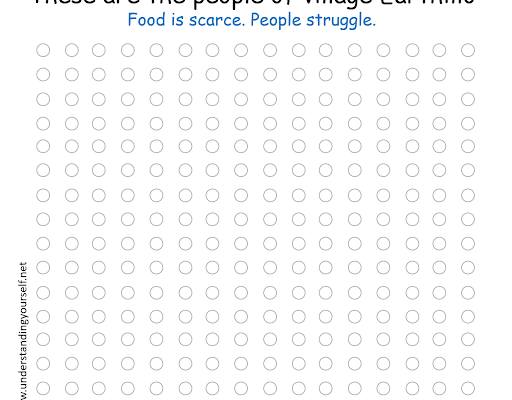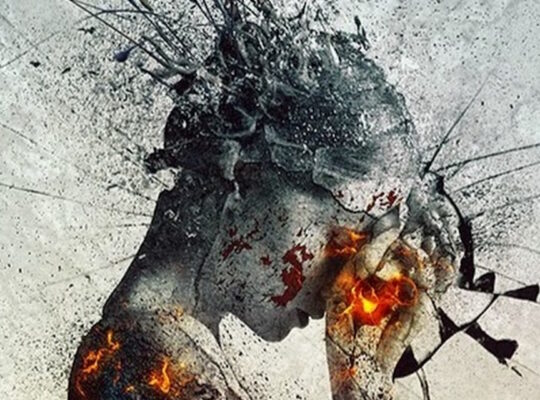“You are blaming ME???! What did YOU DO??!!”
Have you heard this in personal relationship, social life, politics? And then you feel you have lost the right to speak, to question. You feel guilty.
This is a common dilemma. Is being great myself an eligibility criteria to question others? Should a film critic be a great film maker before he can analyze a movie? Does a father lose the right to tell his children to not smoke, if he smokes himself? Do you lose the right to ask to be treated respectfully, if you also behave disrespectfully at times?
A close cousin of this which is easier to understand is ‘whataboutery’. If you criticize someone, the person points out OTHERS who are supposedly worse. And then accuses you of being biased.
Others might be worse. You might be biased.
But the logical error here is conflating the message with the messenger. EVEN IF THE MESSENGER IS BIASED, does it affect the truth of the message? If “Thomas stole Rs. 500.” is true, does it matter if a saint or a murderer says it?
EVEN IF OTHER PEOPLE HAVE DONE THE SAME WRONG THINGS, does it ‘cancel out’ the first one? We just have two wrongs instead of one. And two wrongs do not make a right.
Connecting the two is a natural human mechanism to deflect blame and avoid responsibility. I am OK to be 30 kg overweight and ruin my health. But if you tell me about it, I will point to my neighbor who is 40 kg overweight and accuse you of running a propaganda against me.
I am NOT justifying being biased here. Nor am I saying that others are not worse. I am saying both of them have nothing to do with taking responsibility for MY part. AND asking others to do the same.
Similarly, asking “What did YOU do?” is a great question to remind people of their own power, of their responsibilities. But used as an accusation and defense, it distorts.
It is whataboutery, but instead of saying “Others are worse”, I am saying “YOU are worse”.
Now feeling guilty and getting trapped in SELF-blame is as dangerous as blaming others.
This can lead to ‘blaming ourselves for anything bad that happens’. We are afraid to demand accountability, under the guise of responsibility. We are waiting to be perfect before expecting others to do their part. A classic invitation for an abusive relationship. We will be heavily taken advantage of.
So how do we draw the line?
1. Ask ‘What COULD each party/person have done? Did they do it?” rather than “Who did more? Who did less?” We are taking responsibility, not assigning it.
2. If someone did not do their part, point it out. Expect anger, whataboutery. But do not fall for it and use one person’s mistake to let go of others! Do not ask ‘Am I perfect enough to speak the truth?’ Just ask ‘Am I speaking the truth?’
3. Speaking the truth does not mean you are perfect or superior or unbiased. And that is OK. If you mix the two, you will fall for self-righteousness(“Yes, I am superior and hence have the right to make you feel guilty”) or guilt traps. (“Oh shit….I was wrong too. Let me be perfect before I make you feel guilty”) Both are dysfunctional! Guilt and blame are not the point!!
4. Not all mistakes/actions are equal. A CEO’s mistake might have much larger IMPACT than a factory-floor workers. This is not bias against the CEO. It is simply the truth of his position(that he took up). Prioritization is needed for complex situations. Ask ‘Many people are messing up. But where is the most leverage? Which one deserves the most attention?’
5. Whenever you give attention to one mistake over others, you will be accused of bias. Usually does not happen because people on the top USUALLY also have the maturity to accept responsibility and not finger point. But if the maturity is missing, refer to point #2.
6. Question #1 includes you too of course. Do what you can. Do your best. And if you did not do what you could have, that’s on YOU. But only that! It does not give anybody ELSE the right to use YOUR mistakes to wash off their own!
Remember, two wrongs do not make a right. Even if FEELS like it sometimes.




